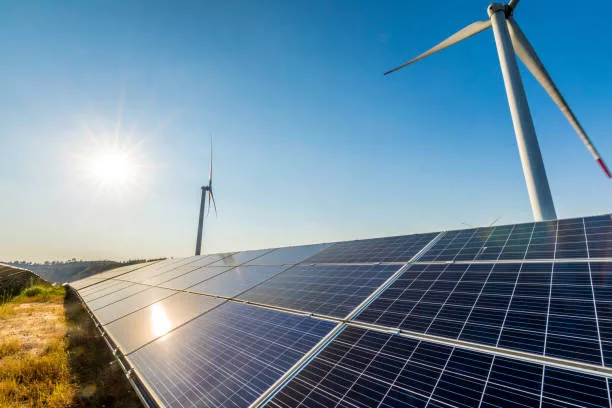Personal Tragedies Inspire Action
Encounters with grievous losses due to energy poverty have compelled Nigerian entrepreneurs like Yetunde Fadeyi to take up the cause. At a young age, witnessing the aftermath of her friend’s tragic death caused by carbon monoxide poisoning from an indoor generator, Fadeyi pledged to tackle the widespread energy poverty in her homeland. This commitment led to the birth of her renewable energy non-profit.
Entrepreneurial Solutions to Energy Poverty
Nigeria’s chronic electricity scarcity has far-reaching implications, particularly in rural areas. Despite being a major oil producer, it’s a grim paradox that many Nigerians live without reliable power. Yetunde Fadeyi, with a background in chemistry and a passion for renewable energy, founded Renewable Energy and Environmental Sustainability (REES) in 2017. Her organization illuminates the lives of thousands through solar microgrids, circumventing the traditional power infrastructure to provide affordable and steady electricity.
Impacts on Rural Communities
The solar grids installed have tangibly transformed lifestyles in communities like Aba-Oje. Muritala Ojeleye, a village chief, attests to the changed fortunes post-electrification. The effects are particularly profound for women like Mary Ojo who have historically faced perilous conditions due to the lack of light, endangering both their lives and those of their newborns. With the advent of solar power, safety and economic opportunities have significantly improved.
Addressing Energy Inequality
Nigeria’s power woes worsen despite its vast fossil fuel reserves. Inconsistent electricity and numerous grid failures have prompted governmental aspirations for a renewable revolution and the ambitious goal of net-zero emissions by 2060. These plans, however, hinge on colossal investments, and the race against a burgeoning population complicates the achievement of universal energy access.
Entering the Private Sector’s Role
Professor Yinka Omoregbe, CEO of Etin Power and an advocate for clean energy, aims to connect off-grid communities to mini solar grids. Contrasting with the non-profit ethos, Omoregbe, with her expertise in Nigeria’s petroleum sector and legal background, seeks to prove that renewable energy can be profitable even in economically challenged regions.
Women at the Forefront of Renewable Energy
Efforts to revolutionize Nigeria’s energy landscape intertwine with the goal of empowering women. Solar Sister, a unique initiative founded by Katherine Lucey, harnesses the potential of women as solar entrepreneurs. These women, armed with solar products and business skills, represent a formidable force against energy poverty while charting a path toward financial independence. This synergy of economic emancipation and clean energy access symbolizes a holistic approach to tackling the entwined issues of poverty and energy scarcity.
The Road Ahead: Investment and Potential
Despite the promising strides made by conscientious enterprises, Nigeria’s renewable energy potential remains largely untapped. Reports by IRENA suggest a pressing need for significant investment to address the needs of a growing population. Yetunde Fadeyi and Yinka Omoregbe echo the sentiment, highlighting financial barriers as significant hurdles to their visions. Undeterred, these leaders press forward, navigating obstacles with a determination rooted in their deep-seated desire to electrify and empower their country.

























